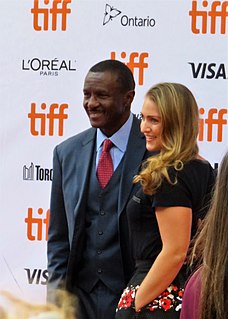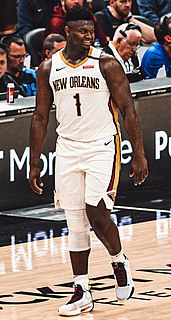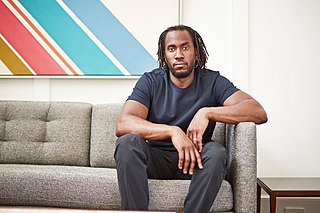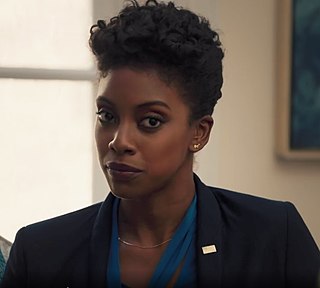A Quote by Dwane Casey
The unwritten rule in college basketball is the black assistant goes and gets the black players. Don't worry about the X's and O's. Just recruit.
Related Quotes
I felt like it was a courageous show [Black-ish] from the beginning. We are a black family - we're not a family that happens to be black. But the show is not even about us being black. The show is about us being a family. That is groundbreaking - on TV, the black characters either happen to be black or they're the "black character," where everything they say is about being black. I think that's the genius.
There is still an assumption among many people that to be black is to be lower class. In the last fifteen to twenty years, perhaps even further back than that, there's also been an explosion of a very wealthy black class in the United States, but those people are often treated as special cases: they're athletes, entertainers. Jay-Z. Basketball players. The country metabolizes the fact these rich black people exist, but it seems only to reinforce the idea that every other black person is limping along in poverty.
Obviously, I'm not not black. But this is one thing I do know after years and years of working with a lot of black players and black commentators on many networks: That if you go to the place of you're telling a black man, or a black woman, that 'You should know your place and stay in it,' when you get to there, them's fighting words.
The street is as diverse as any other sector, but in peoples' mind it gets appropriated as a black man who's tough. Trying to make it through by staying hard and phallocentric. To me, that is just an impoverished conception of what it is to be a black male. It doesn't do justice to my grandfather, my father, my brother - or just the black men I grew up with.
There's no reason why you can't say "August Wilson, playwright" even though all of my work, every single play, is about black Americans, about black American culture, about the black experience in America. I write about the black experience of men, or I write about black folks. That's who I am. In the same manner that Chekhov wrote about the Russians, I write about blacks. I couldn't do anything else. I wouldn't do anything else.






































